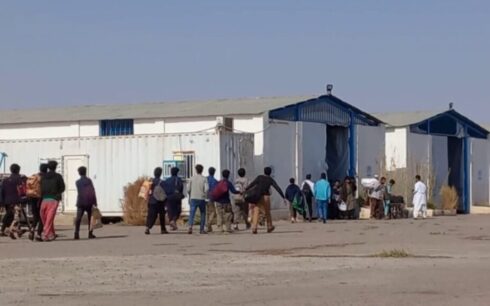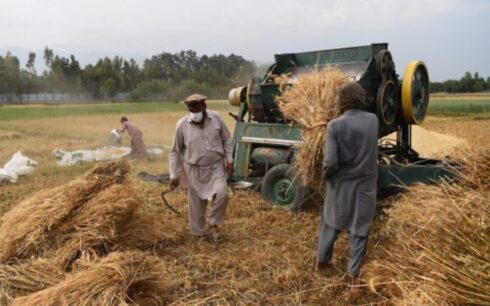The United Nations World Food Programme (WFP) has welcomed a $5 million contribution from the Government of Japan towards its emergency response in Afghanistan.
This latest funding comes at a critical time after WFP was forced to reduce lifesaving assistance in March for at least 4 million people due to a lack of funds.
Concerns were also raised recently that nine million people could go without food aid in April if no new funding was received.
“The Government of Japan has been a consistent and strong supporter of the Afghan people and of WFP over the past years. Japan sees food assistance as one of the primary ways to reach sustainable development and human security”, said Ambassador Takashi Okada.
“WFP is an important partner with field-proven capability to deliver Japan’s humanitarian assistance for the benefit of some of the world’s most vulnerable people.”
Of this $5 million in aid from Japan, $4 million will be used to provide families with food assistance through commodity vouchers supplied by local businesses and $1 million through in-kind food assistance.
“We are grateful to the Government of Japan for this latest contribution. WFP’s food assistance is today the last lifeline for millions of Afghans in a country that is at the highest risk of famine in a quarter of a century,” said Hsiao-Wei Lee, WFP Country Director in Afghanistan.
“Catastrophic hunger knocks on Afghanistan’s doors and unless humanitarian support is sustained, hundreds of thousands more Afghans will need assistance to survive,” he said.
WFP stated that currently, nearly 20 million Afghans do not know where their next meal will come from and six million of them are one step away from famine.
In a statement, the organization says it urgently needs $93 million to assist 13 million people in April and $800 million for the next six months.
This new funding brings Japan’s total contribution towards WFP’s humanitarian response in Afghanistan to $96.57 million over the past five years.
Already this year, Japan contributed $12.4 million to WFP in Afghanistan, enabling WFP to provide life-saving food assistance and nutritional services to 330,000 food-insecure people across the country and to help keep the United Nations Humanitarian Air Service (UNHAS) in the air.




